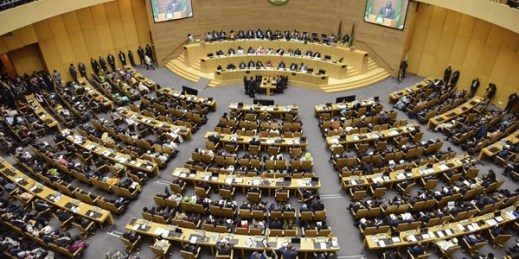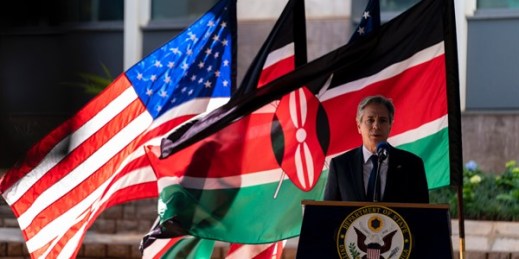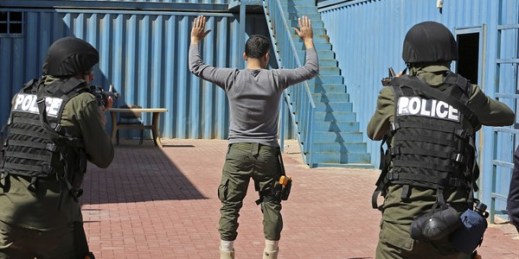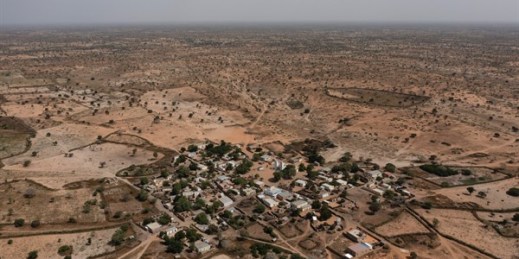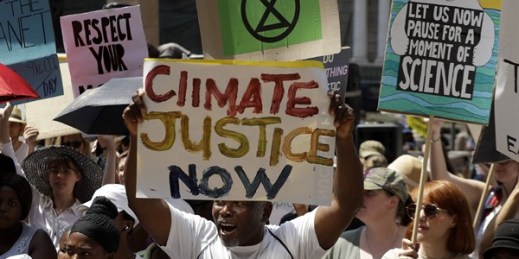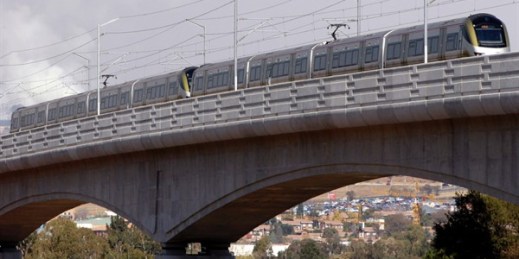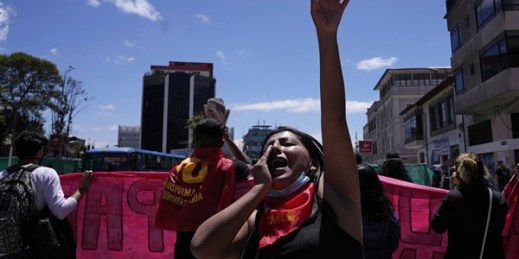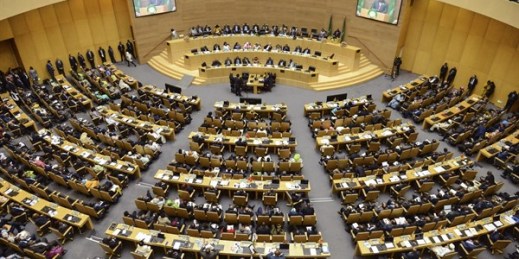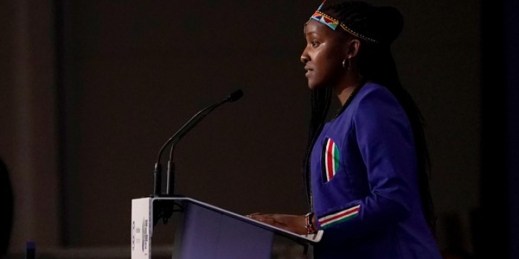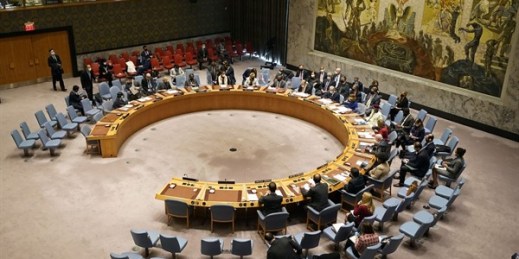
Editor’s note: Guest columnists Richard Gowan and Pyotr Kurzin are filling in for Stewart Patrick this week. The United Nations Security Council may be about to pass its first-ever resolution on the implications of climate change for peace and security. The council has talked about climate security since 2007, and it has acknowledged that environmental challenges such as droughts and degradation of farming land can fuel conflicts in regions like the Sahel and the Horn of Africa. But it has not laid out a systematic approach to assessing these risks or responding to them. This could be about to change, as Niger […]

